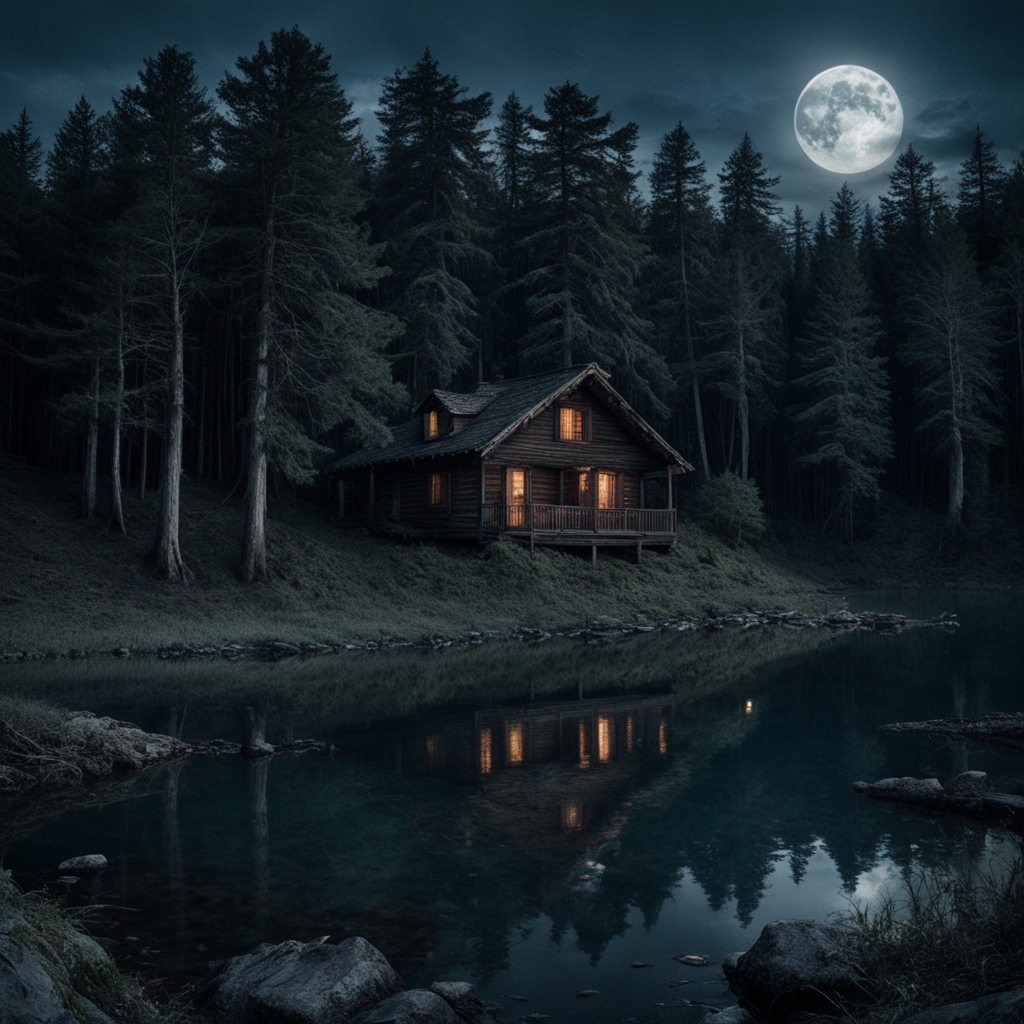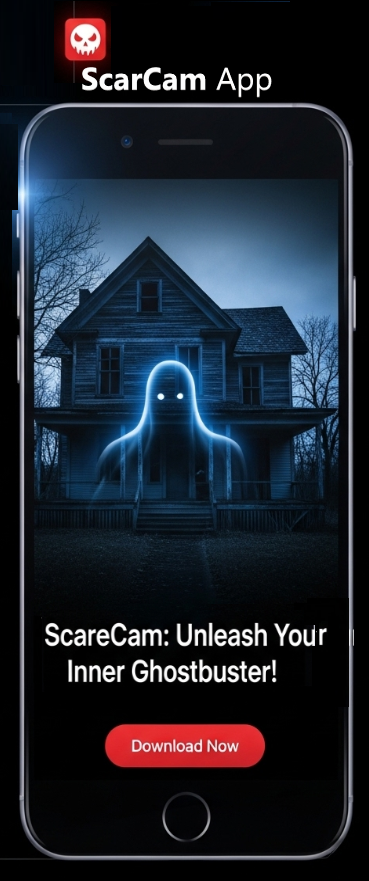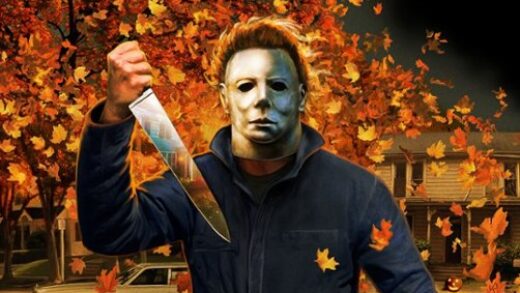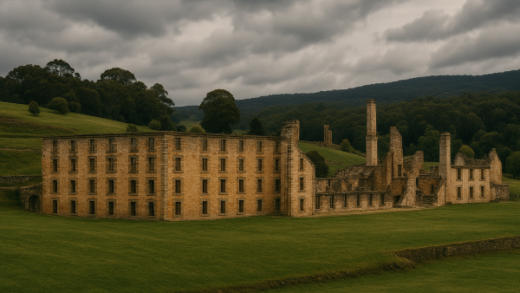History of the Ouija Board: From Spiritual Tool to Pop Culture Icon
The Ouija board has long captured the imagination of both believers in the paranormal and skeptics alike. From its mysterious origins in the late 19th century to its role in modern horror films and digital adaptations, this seemingly simple board has a surprisingly rich—and often controversial—history.
Ask the Spirits
Enter your question below and summon a response.
Origins and Early Beginnings
The story of the Ouija board begins in the late 1800s, a time when spiritualism was sweeping across America and Europe. During this period, séances were common, and many people sought to communicate with loved ones who had passed on.
It was against this backdrop of fascination with the afterlife that the first versions of the talking board emerged.
- Spiritualism’s Influence: Spiritualist groups believed that spirits could provide guidance or warnings about the future. The talking board became a tool for these seekers, providing a simple interface where participants could ask questions and, supposedly, receive answers from the beyond.
- Commercial Beginnings: The board was first marketed as a parlor game rather than a mystical tool. Early manufacturers promoted it as a harmless amusement, although many users quickly began to view it as something more mysterious.
The Evolution of the Board
As the years passed, the Ouija board evolved from a simple game into a cultural phenomenon:
- Mass Production: With the advent of mass production in the early 20th century, the board became more widely available. It was even included in household game collections, cementing its status as a curiosity and a novelty.
- Naming and Branding: The name “Ouija” itself is said to have been derived from a combination of the French and German words for “yes”—“oui” and “ja.” This catchy name helped spark the board’s popularity and mystique.
- Transition to the Paranormal: Although originally sold as a game, many users soon began to associate the board with genuine paranormal activity. Reports of unexplained responses and eerie phenomena further blurred the line between entertainment and spiritual inquiry.
Controversy and Cultural Impact
Despite—or perhaps because of—its popularity, the Ouija board has never been without controversy:
- Criticism from Religious Groups: Many religious organizations have denounced the board, arguing that it can open doors to negative spiritual influences. This criticism has only added to the board’s allure for those intrigued by the mysterious and the unknown.
- Horror and Hollywood: The board’s reputation was cemented by its frequent appearances in horror movies and television shows. These portrayals, often exaggerated for dramatic effect, have contributed to the public’s perception of the Ouija board as a portal to otherworldly forces.
- Academic Interest: Over the years, researchers in psychology and parapsychology have also studied the board. While some attribute its mysterious responses to the ideomotor effect—where subtle, unconscious movements of the participants guide the planchette—others continue to wonder if there might be something more at work.
The Modern-Day Ouija Board
Today, the Ouija board has found a new life in the digital age:
- Digital Adaptations: Interactive online versions and smartphone apps have emerged, allowing a new generation to experiment with the board in a virtual format. These modern adaptations often blend nostalgia with technological innovation, keeping the board relevant for today’s audiences.
- Continued Fascination: Whether seen as a harmless game, a tool for paranormal investigation, or a pop culture icon, the Ouija board continues to evoke strong emotions. It remains a symbol of our ongoing fascination with the unknown and the mysteries that lie just beyond the veil of everyday life.
Conclusion
The history of the Ouija board is as layered and enigmatic as the messages it purports to deliver. From its humble origins as a parlor game during the spiritualist movement to its modern incarnation as a digital curiosity, the board’s evolution reflects our ever-changing relationship with the supernatural. Whether you view it with skepticism or embrace its eerie charm, the Ouija board undoubtedly holds a unique place in the tapestry of cultural history.
THE VEIL








